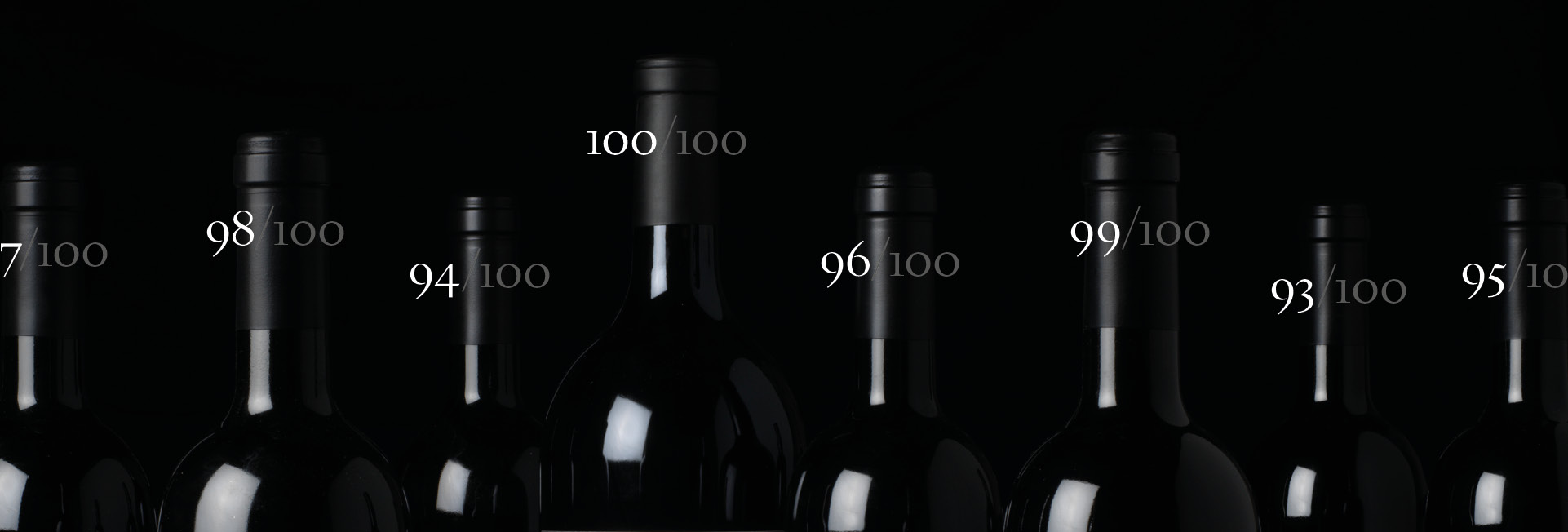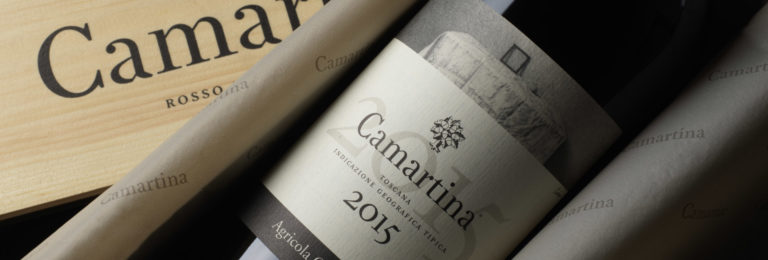When choosing your next wine, there may be more effective approaches than relying solely on ratings.
Especially as a beginner, understanding the meaning behind these numbers can be confusing. To help with this, we’ve created a guide that answers some of the most frequently asked questions about wine ratings.
How did it all begin?
Wine scoring is often thought of as a recent concept, but in fact, it has been around for centuries. Various wine-producing regions have rating systems to determine quality, including the Port, Champagne, Bordeaux, and Burgundy classifications. In Germany, wines must be tested by a panel of tasters and rated on a 5-point scale to qualify for quality status.
In the 1970s, Robert Parker Jr. introduced the 100-point rating, which has become the most commonly used scoring system. Although some believe it oversimplifies the intricacy of wine, its impact on the industry cannot be denied, as ratings significantly influence wine prices and popularity.
Not all scoring systems are equal. Which one should we use?
There is no “best” wine scoring system, as different systems have strengths and weaknesses. Some well-known methods include the 100-point scale used by Wine Spectator, Wine Enthusiast and Decanter, and the 20-point scale. Ultimately, it’s up to the individual to decide which system they prefer and which suits their taste and requirements.
If a wine is rated 100, and a better wine appears, is it also 100, or should it be a 101?
A wine rated 100 is considered an outstanding wine that the critic highly recommends. If a better wine appears, it is still rated as 100. The rating considers not just the quality of the wine but also factors such as the production process, how well it represents the grape variety, and how typical it is of its region and style.
No matter how high, scores are only one of the factors used to assess a wine. Consider other factors besides the numbers when evaluating a wine, such as tasting notes, references, and the producer’s story and philosophy.
What if a wine scores less than 90 points?
If a wine scores less than 90, it doesn’t necessarily mean it’s bad. It could simply mean that it didn’t meet the specific criteria or preferences of the reviewer. It’s always a good idea to read the review and take note of the factors that affected the score.
Which elements do wine critics consider when scoring wines?
When assigning scores to different wines, critics consider various factors such as the aroma, flavour, balance, complexity, finish, and overall quality. They also weigh the wine’s ageing potential and evolution, region, vintage, and varietal. Additionally, they may consider the winemaker’s reputation, the wine’s price point, and how it compares to other wines in its peer group.
Are there any limitations to wine ratings?
Wine tasting remains inherently subjective, with individual critics’ preferences potentially influencing scores. In addition, there may be a bias towards certain factors, such as flavour profiling, at the expense of other aspects, such as production methods or environmental impact.
However, rest assured that respected wine experts like Jancis Robinson, Antonio Galloni, James Suckling and Jeb Dunnuck base their evaluations on a rigorous tasting methodology, extensive wine samplings, and insights from vineyard visits and conversations with winemakers.
Can wine ratings be bought?
Wine scoring has come under scrutiny for the “Parkerization” effect, whereby winemakers prioritise producing wine to suit the tastes of critics like Parker as well as the global palate. However, the rise of new and exciting wine regions and styles, the advent of the internet, and peer-to-peer communication have shaped a more diverse wine culture that recognises uniqueness and innovation.
Some may still argue that the power of PR can influence reviewers, but it is unlikely that mediocre producers will consistently receive high praise regardless of their marketing budget. Sceptics can cross-reference results from multiple sources like Vivino, Cellar Tracker, and Wine-Searcher to ease any doubt.
In the end, trust your taste buds.
To sum up, wine ratings are useful for choosing a wine, but they shouldn’t be the only thing you consider. Each reader should assess the significance of a review according to their preference and be open to exploring beyond the ratings. The ability to be curious and seek more knowledge is the key to finding wines that genuinely matter to you.


